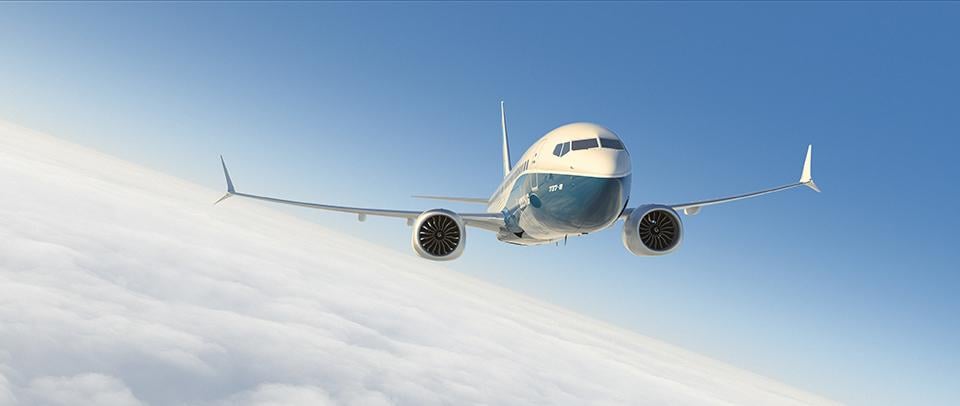U.S. Senate Bill Would Change FAA Delegation, Type Certificate Contents

WASHINGTON—A proposed law targeting changes in U.S. aircraft certification calls for tweaks to the FAA’s delegation system, but the bill’s more significant elements include adding operational data, such as minimum training requirements, to type certificates (TCs) and prohibiting aircraft sales to countries that do not pass the FAA’s international safety audit.
The “Restoring Aviation Accountability Act,” co-sponsored by Democratic senators Richard Blumenthal (D-Connecticut), Ed Markey (D-Massachusetts), and Tom Udall (D-New Mexico) and unveiled Feb. 25, is U.S. lawmakers’ first effort to change perceived deficiencies spotlighted by the Boeing 737 MAX crisis. Not surprisingly, changes to the Organization Designation Authorization (ODA) program figure prominently in the bill. But the proposals stop short of a major revamp or scaling back of the program, which the agency uses to delegate specific tasks to qualified industry representatives that are set up in walled-off ODA units to act on the agency’s behalf.
Among the bill’s ODA-related provisions: requiring the FAA to establish minimum qualifications, such as licenses or work experiences, for “members of ODA units.” Each prospective member would be linked to “a specific field or skill code” that justifies inclusion in an ODA and would undergo training that “explains the individual’s role and responsibility and limits of authority when acting as a delegated FAA representative.”
The bill also calls on FAA to audit each ODA every three years. The FAA also would form a multi-stakeholder “commission” to “study all aspects of the ODA program, including with respect to the effectiveness of the ODA program in prioritizing passenger safety” and issue recommendations to improve it.
Shortcomings in delegation during the MAX’s certification have been fingered as contributors to two fatal accidents that led global regulators to ground the fleet in March 2019. The primary issue was poorly designed and inadequately vetted flight control system functions identified as contributors in both accidents—Lion Air Flight 610 in October 2018 and Ethiopian Airlines Flight 302 in March 2019. Those issues prompted the FAA and other regulators to order a comprehensive review of the MAX’s design, including assumptions such as the likelihood of failures and assumptions of how pilots would react. The review turned up issues beyond the initial flight-control functions, which has prolonged the MAX’s grounding, and raised concern, particularly among lawmakers, that the FAA’s certification process—and ODA oversight in particular—needs revamping.
Lawmakers also are using the legislation to push safety improvements beyond U.S. borders. The senators propose banning U.S.-certificated commercial aircraft to operators in any country that does not pass the FAA’s International Aviation Safety Assessment (IASA) audit. IASA audits, initiated in 1992 to address concerns over how FAA evaluates foreign air carrier safety, evaluate foreign regulators’ compliance with ICAO standards. The latest FAA IASA reviews have five countries—Costa Rica, Curacao, Ghana, Thailand and Venezuela—in IATA’s Category 2, which signifies non-compliance with ICAO standards.
The bill also proposes harmonizing type certification with EASA regulations by incorporating operational data into TCs. EASA’s Part 21 certification regulations require operators to include critical operations data in TC applications: minimum pilot, cabin crew, and mechanic training requirements, simulator-qualification data, and master minimum equipment lists. Like in EASA’s system, compliance with TC data would not be mandatory for non-U.S. operators, but it would provide a single source for the most important aircraft-operating information, and updates would be applicable fleet-wide, since they would change TCs.
Lawmakers also propose more extensive reviews of TC applications, with special attention paid to amended TCs. An 18-member panel, including safety experts from the agency, labor, and industry, would evaluate each application and determine whether, for example, a new TC is needed.
The new bill also would mandate implementation of seven recommendations made by a joint regulatory task force that reviewed the MAX flight control system certification.
Other provisions include prohibiting both the FAA and industry from incentivizing employees with bonuses for meeting airplane-delivery milestones and beefing up protections for whistleblowers.





